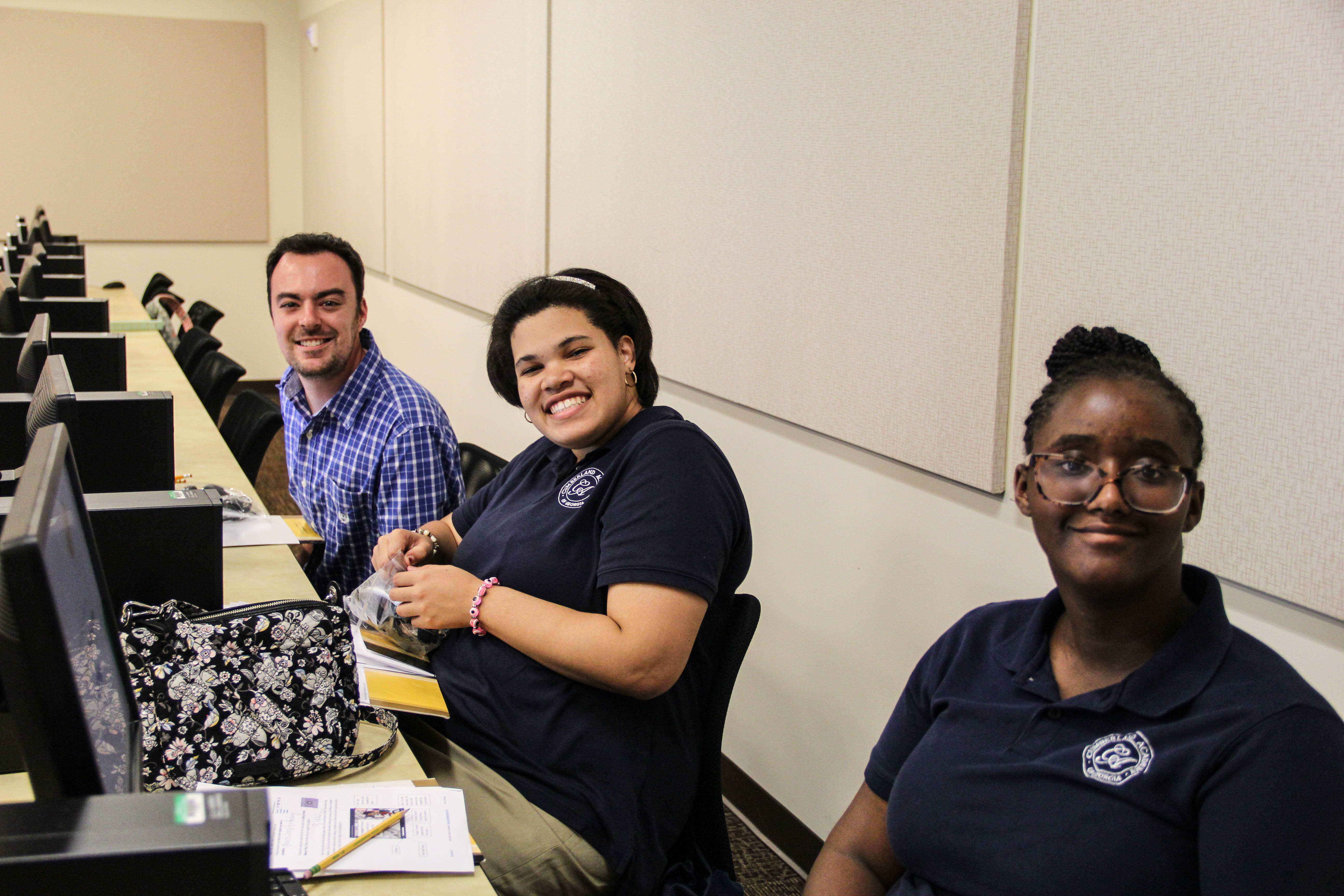Massive open online courses, free online classes called MOOCs, have not always been accredited with a high completion rate, but that did not stop KSU from launching its first MOOC Jan. 6, as The Atlanta Journal- Constitution reported.
This course, named K-12 Blended and Online Learning, “is designed to introduce K-12 teachers and the community to blended and online learning,” according to coursera.org.
Coursera is a business that partners with organizations and universities to provide MOOCs through many universities, including KSU. According to its website, Coursera “[envisions] a future where everyone has access to a world-class education that has so far been available to a select few.”
Dr. Elke Leeds, Executive Director of the Distance Learning Center at KSU, said the University System of Georgia’s partnership with Coursera allowed KSU access to the online program.
“We hope the course opens up new opportunities for educators in Georgia to pursue graduate education,” said Dr. Leeds. “As we look into future open course options, we anticipate partnering with industry and professional associations to reach an even broader audience.” Over 3,3000 participants enrolled in the K-12 Blended and Online Learning course. Numbers are expected to grow.”
MOOC participants are initially numerous, but not all of them complete their courses. The University of Pennsylvania studied 16 MOOCs and found the average completion rate among those courses to be 4 percent. Emory University has also seen low completion rates in their MOOCs.
“[It] is not unusual to have a 7 percent to 9 percent rate of people who start and work through all the videos and finish the course,” Senior Vice Provost Lynn Zimmerman told The Atlanta Journal-Constitution.
The University of Pennsylvania’s study also revealed that completion rates were higher in courses with lighter workloads as opposed to courses with heavier workloads. Still, the average completion rate for the easier courses was only 6 percent, and the harder courses 2.5 percent.


